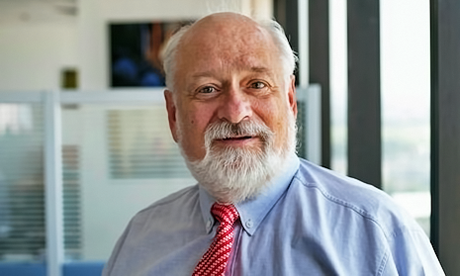A Latin teacher at the seminary I attended described Italian and the other modern Romance languages as “corrupt provincial dialects of Latin”.
Pope Francis has decided that the working language of the Extraordinary Synod for the Family being held at the Vatican should not be Latin, but one of those modern descendants, Italian.
That decision has not been greeted with joy among some traditionalists, though the number of participants at the Synod who can actually understand Latin, let alone speak it, is small. De facto, the working language of the Vatican is Italian already.
Partisans of Latin say it is unchanging and therefore dependable.
But that is only true because it is dead, though new words must be added from time to time because ancient Romans and medieval Europeans had no words for such things as popcorn (máizae grana tosta), snack bar (thermopólium potórium et gustatórium) or karate (oppugnátio inermis Iapónica).
All those Latin neologisms come, by the way, from the Vatican website.
In fact, there is not one Latin, because when it was a living language, it changed as much as any living language does. “Calix,” or chalice, was originally used by Church fathers to describe the tantalizing but poisoned temptation of heresy.
Later, it became the word used for the cup that Jesus used at the Last Supper and that we use in the liturgy.
Which Latin do its partisans want? The classical language of Cicero?
The later varieties that were evolving into French, Portuguese, Romanian, Spanish etc? Ecclesiastical Latin, so-called, is actually one product of that evolution along the road from classical Latin to Italian.
So, whether Latin or a modern language be the lingua franca of the Church, choices must be made, and a move from Latin to its modern Italian iteration is a step in the right direction, but too small a step.
The pope has joined those who decry careerism among clergy.
The Extraordinary Synod for Asia in 1998 called for broader membership and influence in the Roman bureaucracy.
Both problems are linked at least in part to the fact that the Vatican’s actual language for conducting business is Italian, the language of a mere 64 million people, the overwhelming majority of whom are native speakers.
In other words, in order to work in the central administration of the Catholic Church, one must be either an Italian, a non-Italian raised by Italian speakers (like the pope) or someone who has intentionally studied the language as an adult, too often with an eye to ecclesiastical career advancement.
Since the number of those linguistically qualified to work at the Vatican is small, once someone is ensconced in a job, he probably has a lifetime sinecure.
Because bishops are ultimately chosen by the Italian speakers, some facility with that language becomes either explicitly or unconsciously a job requirement for leadership even in Churches geographically and culturally remote from Rome.
In a Church with some 1.2 billion members, the talent pool from which leaders are chosen is, in reality, no more than a parking lot puddle.
The United Nations functions with six languages that represent the majority of people in the world – Arabic, Chinese, English, French, Russian and Spanish.
The working languages of the UN Secretariat are two, English and French.
While all six of those languages are spoken by Catholics, of course not all of them are used by large numbers of us.
Should not the Church imitate the UN in broadening the population from which it can draw talent and allow spiritual and intellectual input from languages and cultures that are too often alien to Church bureaucrats — languages and cultures that in fact shape the world in which we are to proclaim the Gospel?
There are two languages that should be the working languages of the Church today. One of them is among those “corrupt provincial dialects” my teacher pooh-poohed, the native tongue of the pope.
It is estimated that there are more than half a billion speakers of Spanish as either a first or second language. The majority of them are Catholics, and it is probably the most common first language in the Church.
The other language that should be used as an official language of the Church has sometimes been disparaged in Rome as “Protestant,” though it is, for example, the working language of the Federation of Asian Bishops’ Conferences.
That is English, spoken by at least one billion people with varying degrees of fluency from basic to native.
It is the language of the internet and other information technology, science, business, diplomacy and most other elements of the globalization of communication and culture.
When the pope flies into Rome from an overseas trip, his Italian pilot receives landing instructions from an Italian flight controller in English.
Pope Francis has taken a step forward in admitting that the language of the Church’s leadership is not Latin, but Italian.
The next step is to change that language and leadership to better reflect the reality of a Church that lives, worships and proclaims in a world better represented by Spanish and English.
Maryknoll Father William Grimm is the publisher of ucanews.com.
Used with permission.
News category: Analysis and Comment.




